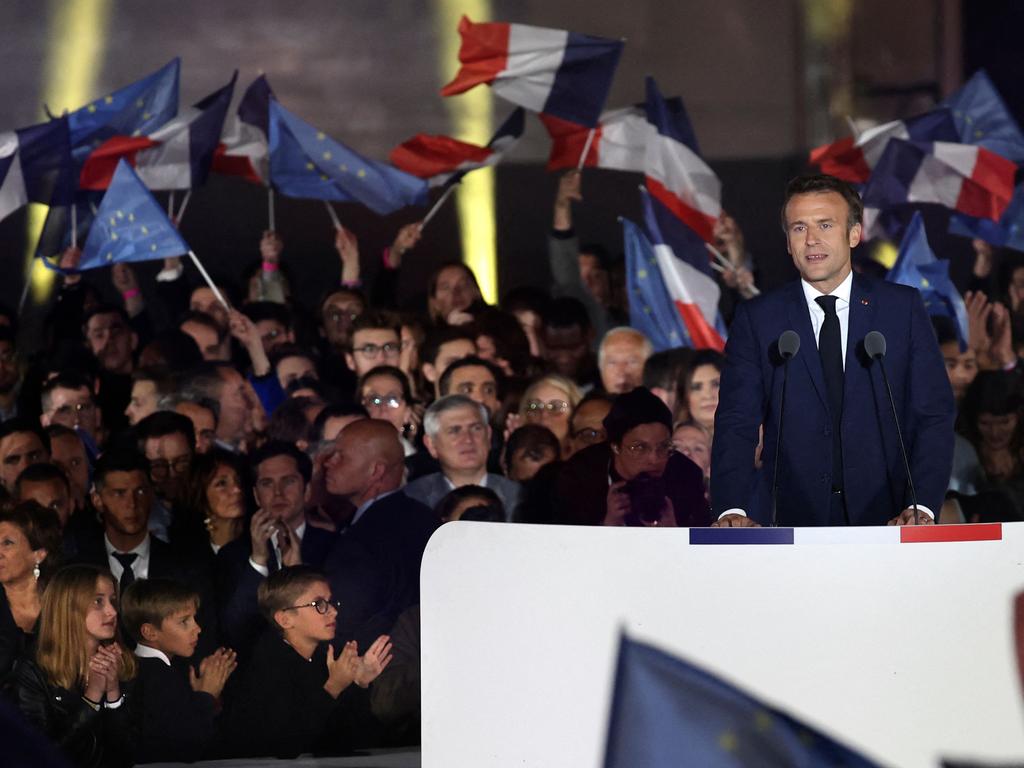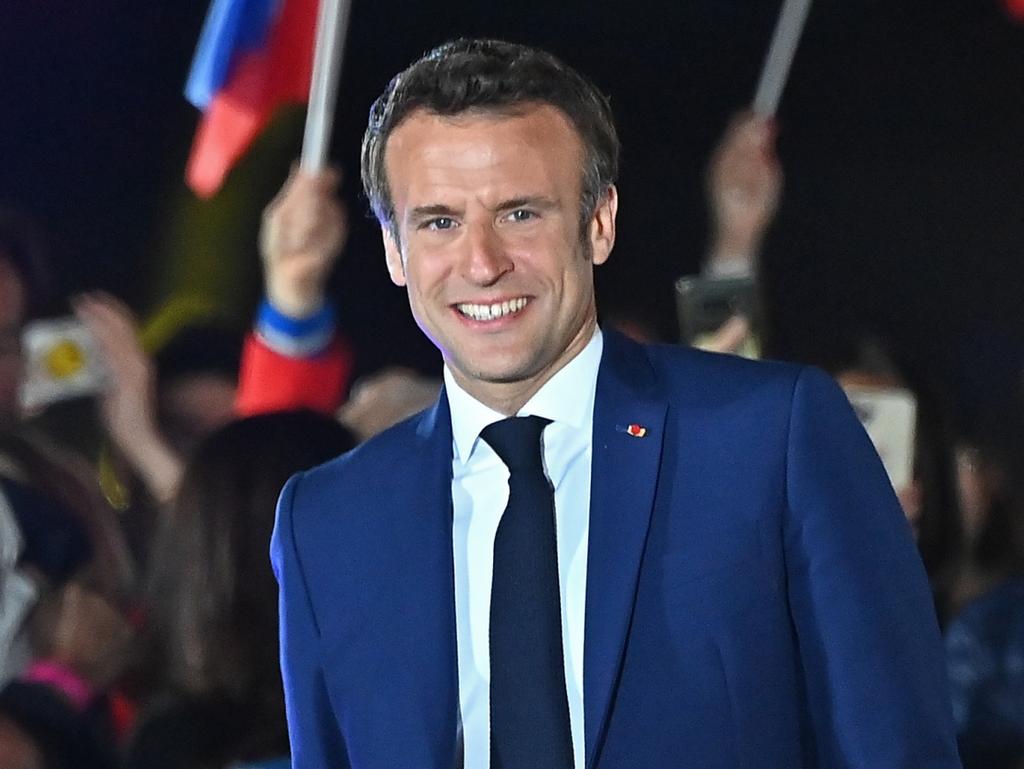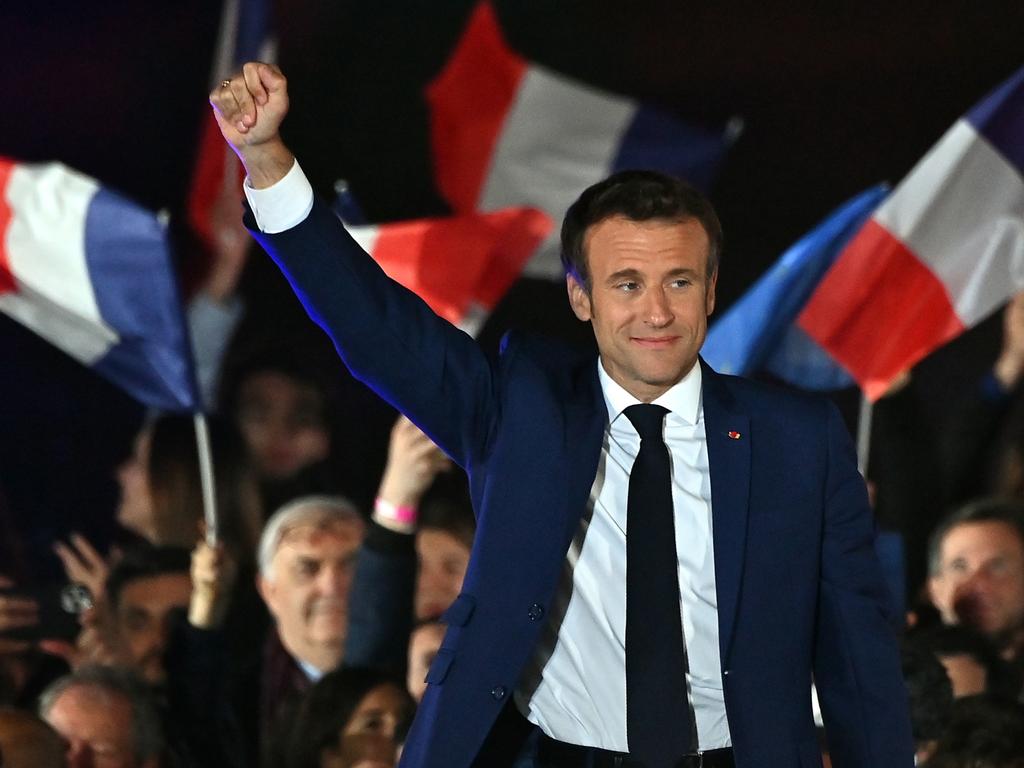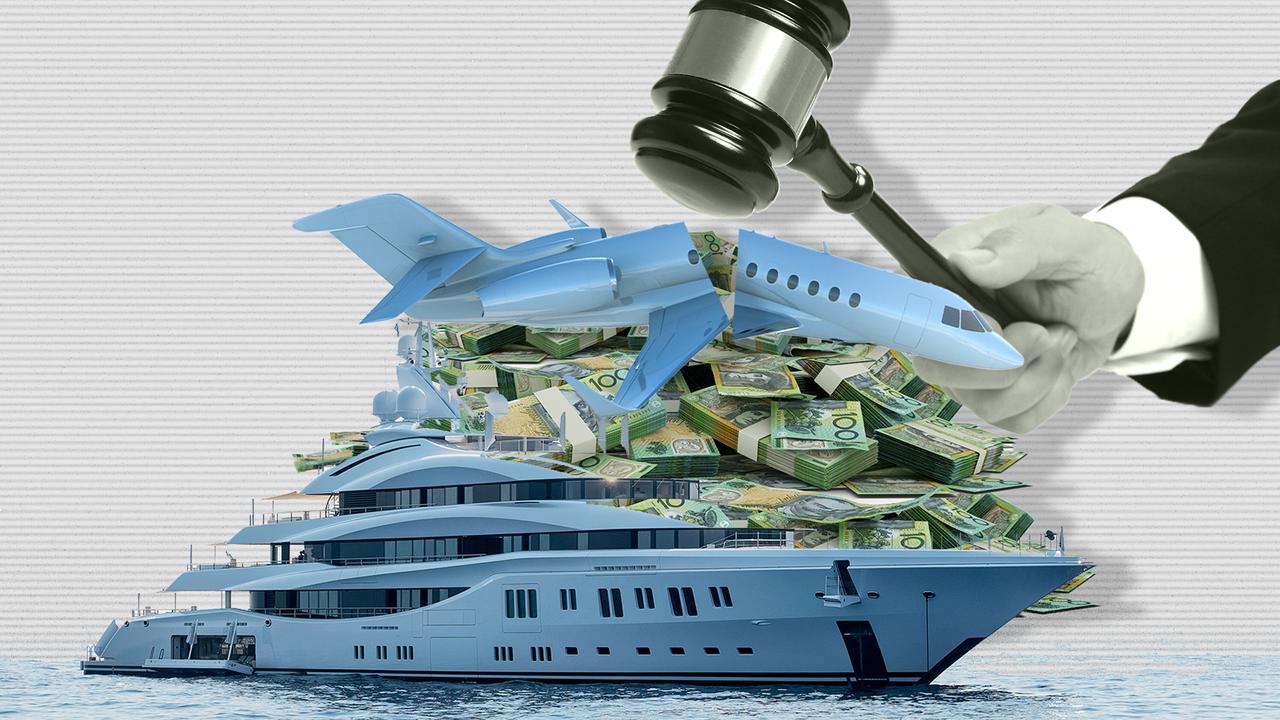In divided France, Emmanuel Macron’s ambitious reforms are at risk
With the ever fractured French warily looking on, the fate of Emmanuel Macron’s vast ambition still hangs in the balance.
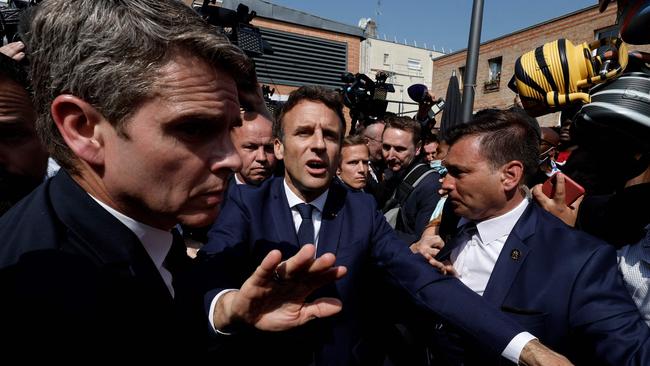
Although it was not a triumph, Emmanuel Macron’s victory in last Sunday’s French presidential election was a considerable achievement.
After all, the outgoing president was no longer a cleanskin; moreover, his first term had been marred by crisis upon crisis, going from the gilets jaunes (yellow vests) uprising that began in 2018 through the mass strikes that stymied the proposed pensions reform and then on to the prolonged battle with Covid.
That Macron emerged from all those ructions suffering a mere eight percentage point fall in his second round score, leaving him with a comfortable majority, gave his supporters plenty to cheer. And the fact he didn’t experience the ignominious fate of his two immediate predecessors – Nicolas Sarkozy and Francois Hollande, who both failed to be re-elected – made the cheering on Sunday night all the louder.
But Marine Le Pen’s achievement in securing 41.5 per cent of the vote – up from 33.9 per cent in 2017 – was no less remarkable. The highest vote share a far-right candidate for France’s presidency has received, Le Pen’s score, which was well within the 40 to 45 per cent range I predicted in these pages immediately after the first round, would have been unthinkable 20 years ago when Marine’s father, Jean-Marie Le Pen, secured 17.8 per cent of the vote in the 2002 presidential contest’s second round.
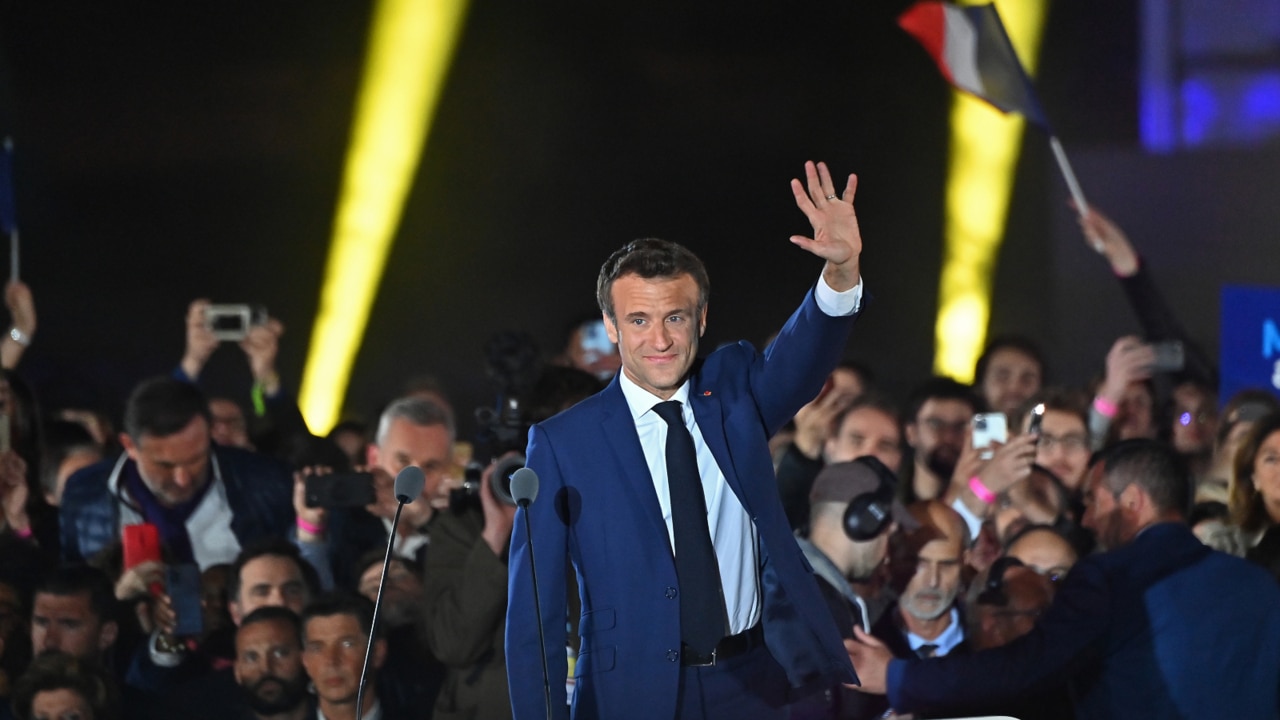
But it wasn’t only the far right that did well. Equally striking was Jean-Luc Melenchon’s first round score of 22 per cent, which took the far-left France Unbowed party’s candidate to within 1.2 percentage points of overtaking Le Pen.
Adding that result to the first round score of Le Pen and of the smaller, even more extreme parties, the election’s salient feature was the growth in the anti-system vote, which soared to a first round high of 56 per cent, gutting the middle ground of politics.
Predictably, the fact more than half the electorate supported the political extremes has unleashed a torrent of commentary, with a great deal of navel gazing to boot.
In reality, it reflects an acceleration in two longer-term trends. The first is the ever greater alienation of voters from core elements of France’s official ideology. At the heart of that ideology is the trilogy of “Liberte, egalite, fraternite”, in which a strictly meritocratic state – guided by those who pass the rigorous exams required to enter the public service’s higher ranks – treats all its citizens fairly and uniformly. Yet the proportion of voters who believe their country’s elite is mainly selected on merit is now 10 percentage points lower in France than in Germany and Britain. Moreover, while 26 per cent of Germans in the lowest socio-economic quartile and 22 per cent of their British counterparts think membership in the elite primarily reflects talent, only 11 per cent of French voters in that quartile view it as playing a significant role.
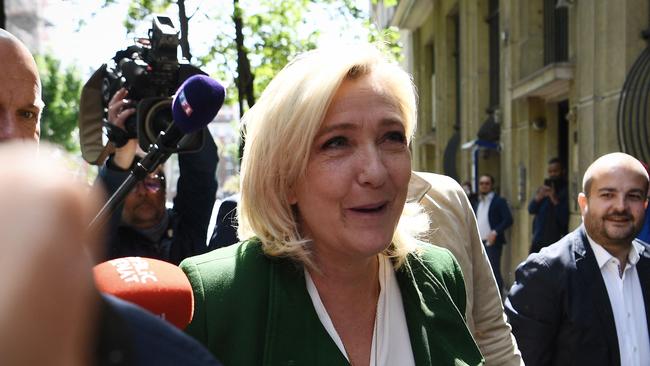
As for being treated fairly and uniformly, when French voters were recently asked which words, positive or negative, best described how France treated them, the two that dominated were “with disdain” and “unjustly”, while “harshly” was not far behind. Unsurprisingly, nearly 70 per cent of those who placed themselves in lower socio-economic groups chose overwhelmingly negative terms, compared with only 19 per cent of the respondents at the upper end of the socio-economic spectrum.
Finally, the ideal of “The Republic, one and indivisible” seems more remote than ever, and the goal of fraternity with it. Thus, questioned about whether they consider the country a unified community or a loose collection of groups that shared little in common, just 42 per cent of French voters chose the former – a share significantly lower than that recorded in notoriously fractious Italy. And at merely 30 per cent, the proportion of younger voters who thought of their country as a unified community was especially low, while it was only in the group aged 65 and older that the sense of national unity predominated.
But those perceptions of inequity and division have spawned a second long-term trend as well: as national unity has waned, French voters have moved towards positions historically associated with the far right.
The greatest increase is in the share of the electorate that believes there are too many migrants – a share that has nearly doubled since 2009. Especially striking is just how pervasive the trend is: while less than a third of voters in the higher socio-economic groups thought there were too many migrants in 2009, 54 per cent now do; at the same time, the share of voters in the lower socio-economic groups holding that belief has risen from 59 to 70 per cent.
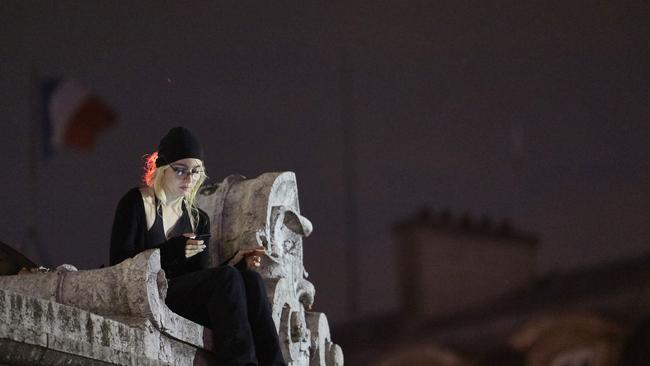
And even among voters who self-identify as being on the left, the proportion who are concerned about the number of migrants has gone from 23 to 40 per cent, with 45 per cent of all self-reported left-wing voters agreeing that “Islam is a threat to the Republic”.
Nor is migration the sole element in the rightward trend: views also have shifted markedly on bellwether issues such as reinstating the death penalty, tightening access to social benefits (notably for migrants) and support for poverty alleviation.
Combining those responses and others, Luc Rouban, a highly respected political scientist, concludes that the proportion of voters holding what he calls deeply culturally illiberal views has risen by 13 percentage points since 2009, lifting that segment from 44 to 57 per cent of the electorate.
Meanwhile, the share of the electorate Rouban classes as economically liberal – that is, favouring policies such as trade liberalisation – has increased by only four percentage points, while a solid bloc of voters remains convinced that market-oriented policies will leave them substantially worse off.
All that makes the electorate’s turn to Le Pen – who combined the views Rouban described as culturally illiberal with a melange of more or less economically illiberal promises – readily understandable. But it also creates serious difficulties for Macron as he shapes his second term.
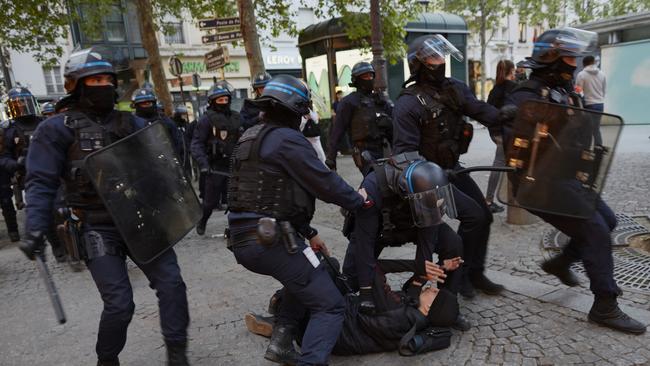
Nothing if not a realist, Macron understands all too well how searing the divisions in French society are. However, he believes, quite sensibly, that the only viable way to address them is by tackling the factors that have hampered France’s economic growth and entrenched widespread disadvantage.
Those factors include a bloated and often inefficient public sector, very high and still rising public debt, unduly restrictive constraints on hiring and firing, internationally uncompetitive and very poorly structured taxes on company profits, generous unemployment benefits, and a retirement incomes system that provides few incentives for skilled workers to stay in the labour force.
Additionally, the education system remains overwhelmingly oriented to the best performing students, too often condemning those who fall behind to a future of chronic unemployment and economic insecurity.
But there is scarcely a consensus in favour of Macron’s blend of economic and cultural liberalism, much less for the root-and-branch reforms needed to lift the impediments to growth.
Rather, as the gilets jaunes protests and those against the proposed pension reforms showed, controversial changes readily trigger mass movements that grind the country to a halt. At least in that respect, today’s France is no different from that Stanley Hoffmann classically described in the wake of May 1968: a country in which the excessive centralisation of power breeds an equal and offsetting reaction in the form of poorly articulated, largely anarchic revolts that “rather than being capable of resolving issues, are only capable of suffocating every attempt to deal with them”.
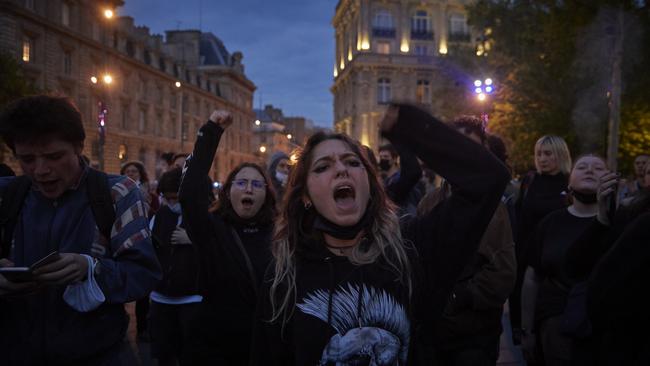
Compounding the risks is the relatively narrow base on which Macron was elected. That, too, reflects a longer-term trend: as Jerome Jaffre has shown, the share of the electorate backing successive presidents has halved since Charles de Gaulle’s election win in 1965. A win is no doubt a win; but taking account of abstentions and informal votes (which together reached a record level in this year’s election), it is also undeniable that Macron was the first choice of only one-fifth of the electorate, while the 56 per cent of voters who opted for virulently anti-system parties scarcely view him as one of their own.
As a result, Macron, who might be said to perfectly embody both the virtues and the vices of France’s elite, risks having power without widely recognised legitimacy. Whether he can broaden his base is therefore crucial to the success or failure of his second term.
In part, that will depend on the results of the elections, to be held in June, for the National Assembly. Their outcome is inherently hard to predict: on the one hand, French voters tend to ensure that recently elected presidents have a workable parliamentary majority; on the other, Le Pen and even more so Melenchon may be able to mobilise large and angry electorates that want to curb Macron’s room for manoeuvre.
Adding to the complexities, France’s majoritarian (rather than proportional) electoral system favours parties that have strong branch networks and well-known local candidates – giving the long-established centre-left and centre-right parties a chance, however slim, to redeem their disastrous performance in the presidential contest.
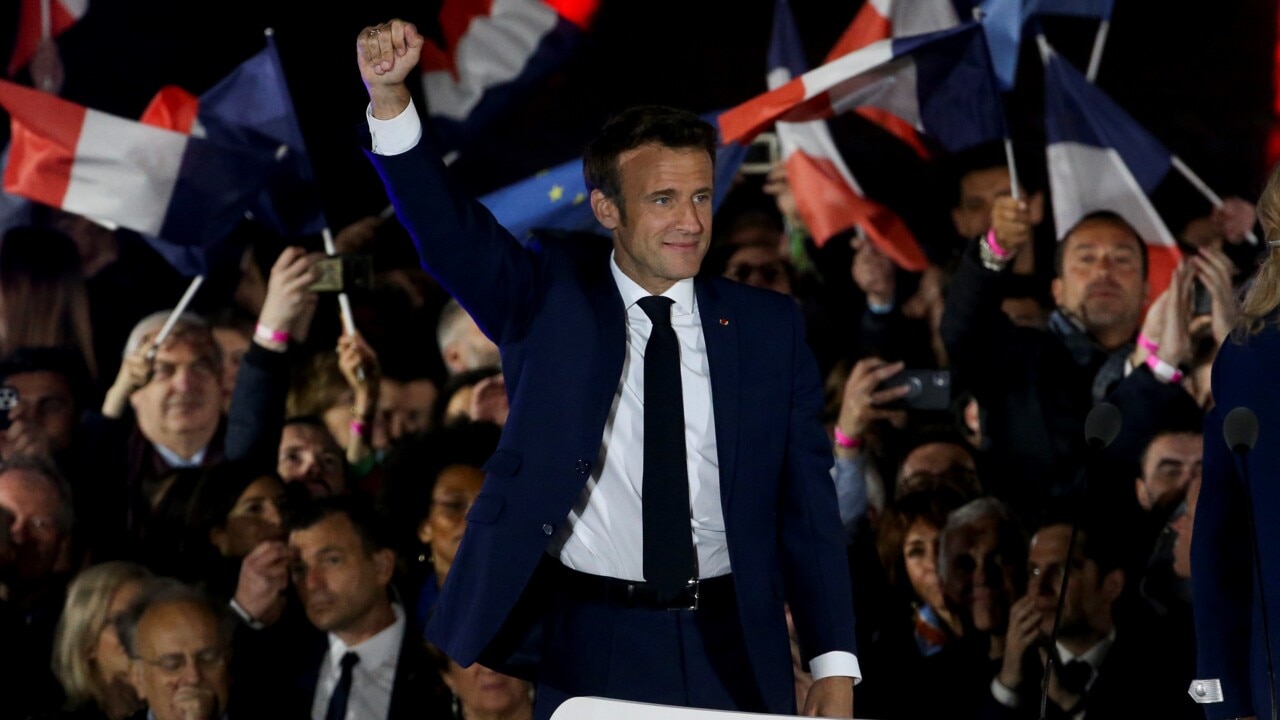
And even if Macron can – as currently seems likely – put together a reasonably effective parliamentary majority, it may well unravel as the jockeying for the 2027 presidential elections (which Macron cannot recontest) gets seriously under way in two or three years.
To that extent, quite regardless of how parliament shapes up, Macron will also need to develop a more consensual form of authority, better managing the French system’s myriad veto players and reducing, if not eliminating, the threat of social explosions. So far, however, he has proved far more effective at destroying real or imagined rivals and adversaries than at cultivating friends and allies. With those he needs to bring on board having learned that lesson, creating a new, more inclusive, style of government will be no simple task.
Ultimately, Macron has always seen himself as a great moderniser, combining de Gaulle’s commitment to maintaining France’s sovereignty with Valery Giscard d’Estaing’s commitment to ensuring France’s capacity to compete and prosper in a globalised economy. He also believes, often to an unrealistic extent, that France is the only truly viable “maker” of European policies, with the EU’s other members being at best “breakers” (as is Germany) or mere “takers” of the aspirations France sets and the policies it advances.
The legacy Macron hopes to leave is therefore of a revitalised France that is capable both of gradually overcoming its divisions and of asserting itself on the European and global stage. Energised by his re-election, he is clearly set on elevating an already sweeping reform agenda.
But as so many of his predecessors painfully discovered, history cannot be shed like the skin of a snake, nor decades of distrust removed by unpeeling the wallpaper and commissioning a fresh coat of paint. With the ever contentious French warily looking on, the fate of Macron’s vast ambitions still hangs in the balance.


